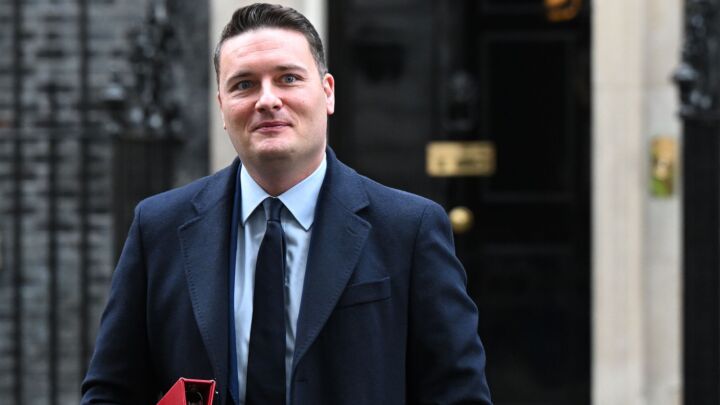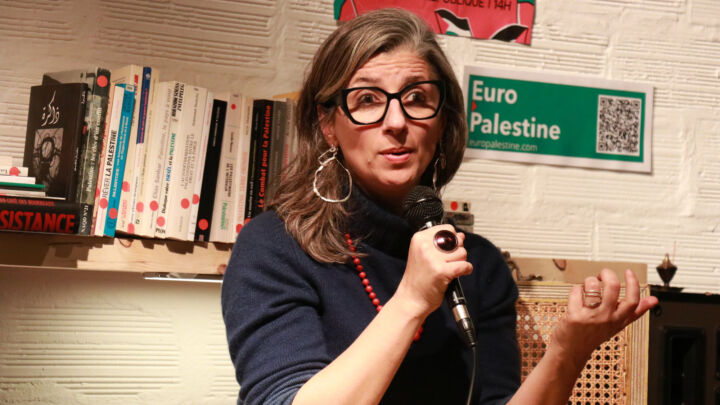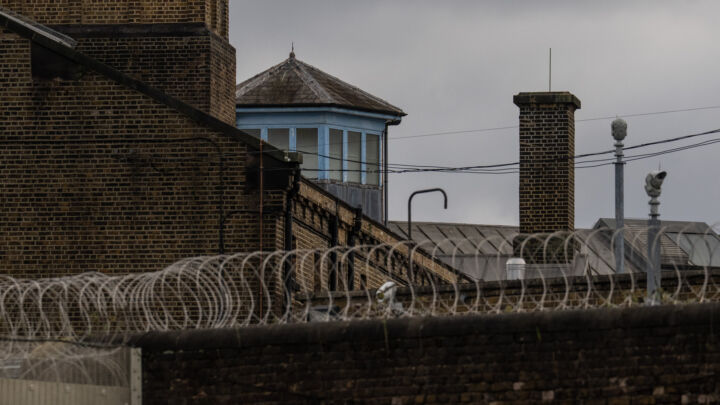Censorship is killing student stand-up

Want unlimited, ad-free access? Become a spiked supporter.
You’ll no doubt have heard about the banning of Dapper Laughs by Cardiff University Students’ Union. You probably heard about Kate Smurthwaite, and the debacle that led to her gig being cancelled at Goldsmiths. But you probably won’t have heard about the innumerable times that students, restricted by the Safe Space policies of their own unions, have been unable to perform stand-up to their peers. Yet this happens all the time. Hell, it happened to me.
Of course, it’s important not to undermine the banning of successful comedians. What Dapper Laughs and Kate Smurthwaite had to put up with is beyond stupid. And it speaks volumes that comedians as diverse in style as Chris Rock, Larry the Cable Guy and Jerry Seinfeld have aired their grievances about playing gigs in US colleges. Yes, Jerry Seinfeld – even the guy who rants about airport sandwich pricing thinks students today can’t handle edginess.
However, the less headline-grabbing censorship of student comedians is damaging the future of comedy. First of all, unless you live in London or Manchester, most young comedians have only a few local places where they can perform – nights run by union comedy societies are godsends. I studied in Birmingham, which only has two regular comedy nights – one is union-run, the other is at a pub called The Holly Bush. Now, as much as I liked the people at The Holly Bush, the allure of playing to five affable drunks soon wore off. This meant I had to water down my routine in order to get a decent gig – and even then, I ruffled a few feathers.
Comedy society nights should not just be the only option for aspiring student comedians; they should be the best option, encouraging them to try out ideas and improve on their act. Stand-up requires you to experiment, explore, try and fail in front of an audience. That’s why I, like any comedian, have been booed off stage once or twice. (Well, three times, but who’s counting?)
However, students’ union Safe Space policies, which limit potentially offensive speech, make this kind of experimentation impossible. Safe Spaces operate on the logic that certain words and topics cannot be mentioned – no matter the context, tone or point. This is precisely what Seinfeld was referring to when he said: ‘The younger generation just wants to use these words. That’s racist. That’s sexist. They don’t even know what they’re talking about.’
What Safe Space zealots miss is that context, tone and point are essential to conveying meaning. The way Dave Chappelle talks about race is vastly different to the way Nick Griffin does. And when you can be called a homophobe, as I was, for making a joke about gay sex, or accused of ‘triggering’ someone, me again, for mentioning 9/11, this nuance is lost. Never mind that the joke I made about gay sex was in the middle of an extended bit railing against homophobia. Never mind that the 9/11 reference I made was basically a pun about an American Football team. Never mind that the free-thinking adults in the audience seemed, broadly, to be having an alright time. I said the bad words.
This attitude is toxic to comedy. Stand-up is nerve-racking enough; if young comics are constantly worried about being banned for speaking out of turn, how are they supposed to take the risks that allow you to grow as a performer? It’s bad enough when students’ unions ban professional comedians, for fear that their jokes will turn unthinking students into lads, Zionists or whatever the fear of the day is. But clamping down on 19-year-olds who can barely remember their lines? That’s laughable.
Luke Terry is a spiked intern.
You’ve hit your monthly free article limit.
Support spiked and get unlimited access.
Support spiked and get unlimited access
spiked is funded by readers like you. Only 0.1% of regular readers currently support us. If just 1% did, we could grow our team and step up the fight for free speech and democracy.
Become a spiked supporter and enjoy unlimited, ad-free access, bonus content and exclusive events – while helping to keep independent journalism alive.
Monthly support makes the biggest difference. Thank you.









Comments
Want to join the conversation?
Only spiked supporters and patrons, who donate regularly to us, can comment on our articles.